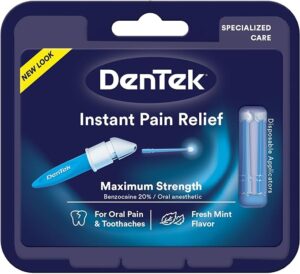When Is a Tooth Extraction Necessary?

- Severe Decay or Infection: When a tooth is badly decayed and cannot be saved with a filling, crown, or other treatment, extraction may be necessary to prevent the spread of infection to surrounding teeth and bone.
- Periodontal (Gum) Disease: Advanced gum disease can cause the supporting tissue and bone structures of the teeth to deteriorate, leading to tooth loosening and requiring extraction.
- Overcrowding or Orthodontic Preparation: To align the teeth properly, orthodontic treatment sometimes requires the removal of one or more teeth to relieve overcrowding or to create space for the remaining teeth to move into place.
- Impacted Teeth: Teeth that are blocked from erupting properly, often seen with wisdom teeth, can become impacted and may need to be extracted to prevent pain, infection, or damage to adjacent teeth.
- Risk of Infection: In some cases, teeth may be extracted as a preventative measure if they are at risk of infection, such as in the case of compromised immune systems or in preparation for chemotherapy or organ transplantation where the risk of infection needs to be minimized.
- Trauma or Injury: Teeth that are severely damaged due to trauma or accidents and cannot be repaired may need to be extracted to prevent further complications and to preserve oral health.
If you are in pain while waiting for your dental procedure, the DenTek Instant Oral Pain Relief Maximum Strength Kit can provide quick and effective relief.
 |
This portable kit contains single-use applicators filled with a maximum strength formula that targets the source of your tooth pain. The easy-to-use applicators allow you to precisely apply the medication directly to the affected area, providing fast-acting relief.